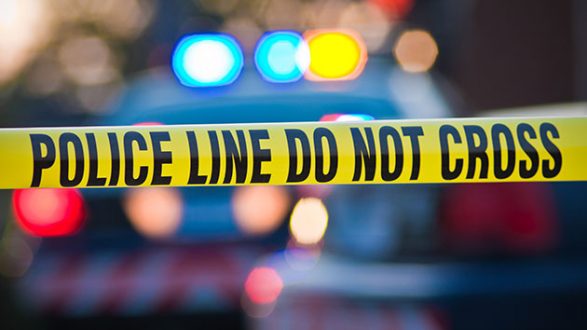
 iStock/Thinkstock(NEW YORK) — The deadly blast outside the security barriers of an Ariana Grande concert in Manchester, England, marks the latest instance where a terror attack unfolded at a location that symbolized Western culture and also provided a so-called soft target.
iStock/Thinkstock(NEW YORK) — The deadly blast outside the security barriers of an Ariana Grande concert in Manchester, England, marks the latest instance where a terror attack unfolded at a location that symbolized Western culture and also provided a so-called soft target.
Experts tell ABC News that soft targets offer terrorists both practical and symbolic value.
John Cohen, a former counter-terrorism coordinator for the Department of Homeland Security, listed concert venues, transportation hubs, hotels, shopping malls and sports venues as examples of soft targets.
“They are places that are difficult to harden because that would undermine the very reason they exist,” said Cohen, who is now an ABC News consultant.
Manchester has now canceled concerts scheduled for later this week as musicians around the world expressed their horror and condolences.
Karen Greenberg, director of the Center on National Security at Fordham University School of Law, said that an attack at a concert carries deep cultural connotations.
“The symbolism of attacking Westerners who are enjoying themselves is what makes it an attractive target,” said Greenberg, who is also the author of Rogue Justice: The Making of the Security State. “Terrorism is making civilians feel unsafe in their space.”
Evolving protection techniques
Security precautions have been ramped up throughout much of the U.S. and Europe in recent years in light of other attacks, though Greenberg said that in focusing on more obvious, high-profile targets, law enforcement may have merely diverted the possibility of attack into other areas.
“We’ve made it so secure in places that are known targets that they’ve pushed attacks into more marginalized places,” Greenberg said. “That’s an interesting part of what’s happened. Law enforcement has to secure not just the central places, but recognize what that means in terms of where it pushes an attack.”
Cohen noted that the evolving nature of how terror groups operate have placed soft targets in the sights of would-be terrorists who have not undergone military training.
“The tactics of groups like AQAP [Al-Qaeda in the Arabian Peninsula] and ISIS have changed, where they have sought to inspire [followers] primarily through the internet and social media,” Cohen said. “Attacking a soft target doesn’t require a high degree of planning and support. You can essentially get your weapon, go to a public place and kill or injure as many people as you can.”
Cohen said that law enforcement officials are adapting by expanding the process by which they identify threatening individuals before an attack and determining “whether someone who comes to the attention of law enforcement poses a threat of carrying out one of these attacks.”
“At the end of the day it is extraordinarily difficult to secure every soft target within a jurisdiction, so our success in reducing these types of attacks will only come when we’re better able to identify those within our communities who are potential attackers and prevent them from committing an act of violence,” Cohen said.
Preparing the public moving forward
The prospect of eliminating the public’s proximity to soft targets isn’t necessarily possible, and Cohen notes how politicians and local officials regularly encourage people to continue to live their daily lives normally after such an attack.
That kind of encouragement is a way of combatting the second impact of a terror attack, which is the fear that terrorism instills in people in an effort to change their ways.
Greenberg said that attacks on soft targets have “succeeded in a lot of ways” in that they replace the public’s sense of safety with one of fear.
“Since 9/11 in this country, since 7/7 in Britain, there’s a heightened sense of fear about going about daily life,” she said, referencing attacks in 2001 and 2005, respectively. “If one of the things they are attacking is peace of mind in our daily life, they can succeed in doing that. That’s the goal.”
Cohen said that people should “be aware but not afraid” of going to soft target areas, noting that they should be observant and alert law enforcement if they spot anything suspicious, as well as plan accordingly when going to large events, like concerts, because there may be increased security.
Greenberg urges people to adapt and evolve with the changing times.
“Terrorism is a problem that we have to manage, not a problem we can completely eradicate in foreseeable future, so every attack teaches us more ways to be vigilant,” Greenberg said. “I don’t think you have to tradeoff liberty for security. Good security allows people to live their lives.”
Copyright © 2017, ABC Radio. All rights reserved.










